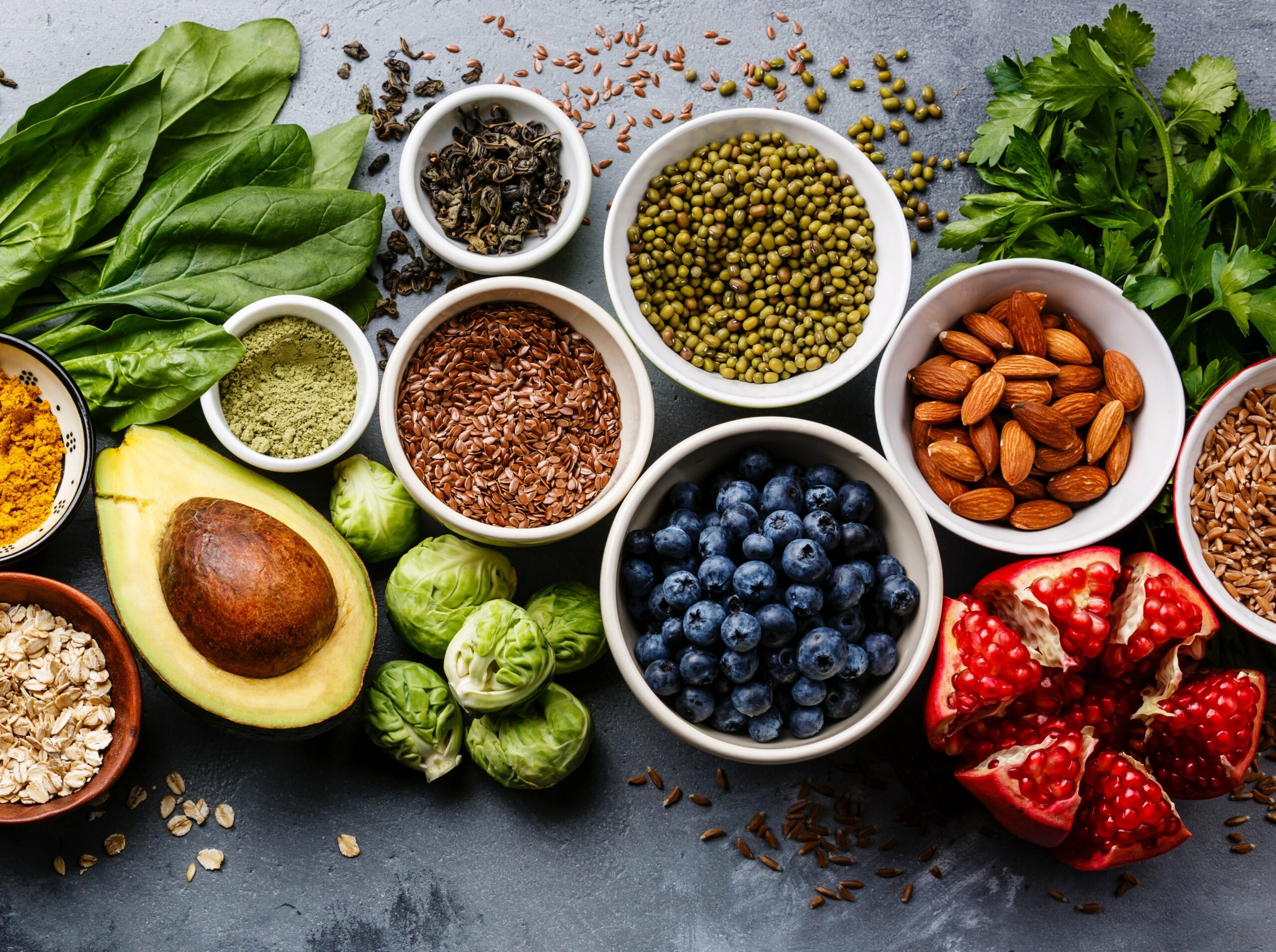Health Benefits of Antioxidants
What are the health benefits of antioxidants?
Antioxidants are compounds that help protect the body against oxidative stress and damage caused by free radicals. Free radicals are unstable molecules that can damage cells and contribute to the development of various diseases, including cancer, heart disease, and neurodegenerative disorders. Antioxidants work by neutralizing free radicals, reducing their harmful effects, and supporting overall health. Some of the key health benefits of antioxidants include:
- Reduced Risk of Chronic Diseases: Antioxidants help protect cells from damage and reduce inflammation, which can lower the risk of chronic diseases such as heart disease, cancer, and diabetes.
- Improved Heart Health: Antioxidants may help improve heart health by reducing inflammation and oxidative stress in the cardiovascular system. They can also help lower cholesterol levels and improve blood vessel function.
- Better Skin Health: Antioxidants can help protect the skin from damage caused by UV rays, pollution, and other environmental factors. They can also help reduce signs of aging such as wrinkles and fine lines.
- Enhanced Immune Function: Antioxidants support the immune system by neutralizing free radicals and reducing inflammation, which can help the body fight off infections and illnesses.
- Brain Health: Antioxidants may help protect the brain from oxidative stress and reduce the risk of neurodegenerative diseases such as Alzheimer’s and Parkinson’s disease.
- Improved Eye Health: Antioxidants such as lutein and zeaxanthin can help protect the eyes from damage caused by UV rays and reduce the risk of age-related macular degeneration and cataracts.
- Cancer Prevention: While more research is needed, some studies suggest that antioxidants may help prevent certain types of cancer by neutralizing free radicals and reducing oxidative stress.
- Anti-Inflammatory Effects: Antioxidants can help reduce inflammation in the body, which is a key factor in the development of chronic diseases.
- Improved Longevity: Some research suggests that antioxidants may help slow down the aging process and increase lifespan, although more studies are needed to confirm these effects.
Overall, consuming a diet rich in antioxidants from a variety of sources, including fruits, vegetables, nuts, seeds, and whole grains, can help support overall health and reduce the risk of chronic diseases.
What are the health risks of antioxidants?
While antioxidants offer numerous health benefits, consuming them in excessive amounts or in certain forms may have potential risks. Here are some of the potential health risks associated with antioxidants:
- Pro-oxidant Effects: In some cases, antioxidants can act as pro-oxidants, especially at high doses or in certain conditions. This means they may actually promote oxidative stress and cell damage instead of protecting against it. For example, high doses of vitamin E supplements have been associated with increased risk of hemorrhagic stroke.
- Interference with Cancer Treatments: Some antioxidants, such as vitamin C and vitamin E, may interfere with certain cancer treatments, such as chemotherapy and radiation therapy. They could potentially reduce the effectiveness of these treatments.
- Harmful Effects in Smokers: Beta-carotene supplements, when taken by smokers, have been associated with an increased risk of lung cancer. It’s believed that high doses of beta-carotene in supplement form may act differently than when obtained from food sources.
- Increased Mortality in High-Risk Populations: Some studies have suggested that high doses of certain antioxidants, such as vitamin E and beta-carotene, may be associated with an increased risk of mortality in certain high-risk populations, such as elderly individuals or those with chronic diseases.
- Digestive Issues: Some antioxidant supplements, especially in high doses, may cause digestive issues such as diarrhea, stomach cramps, or nausea.
- Drug Interactions: Certain antioxidants, such as vitamin E, may interact with medications such as blood thinners, increasing the risk of bleeding. It’s important to consult with a healthcare provider before taking antioxidant supplements if you are taking medications.
- Risk of Overconsumption: While antioxidants are important for health, consuming very high amounts from supplements can lead to an imbalance in the body’s antioxidant status, which may have negative effects.
It’s important to note that these risks are primarily associated with high-dose antioxidant supplements, rather than the antioxidants naturally found in foods. Consuming a balanced diet rich in fruits, vegetables, whole grains, and other nutrient-dense foods is the best way to obtain antioxidants and other beneficial nutrients while minimizing potential risks. If you’re considering taking antioxidant supplements, it’s advisable to consult with a healthcare provider to determine the appropriate dosage and ensure they are safe for you, especially if you have underlying health conditions or are pregnant or breastfeeding.




